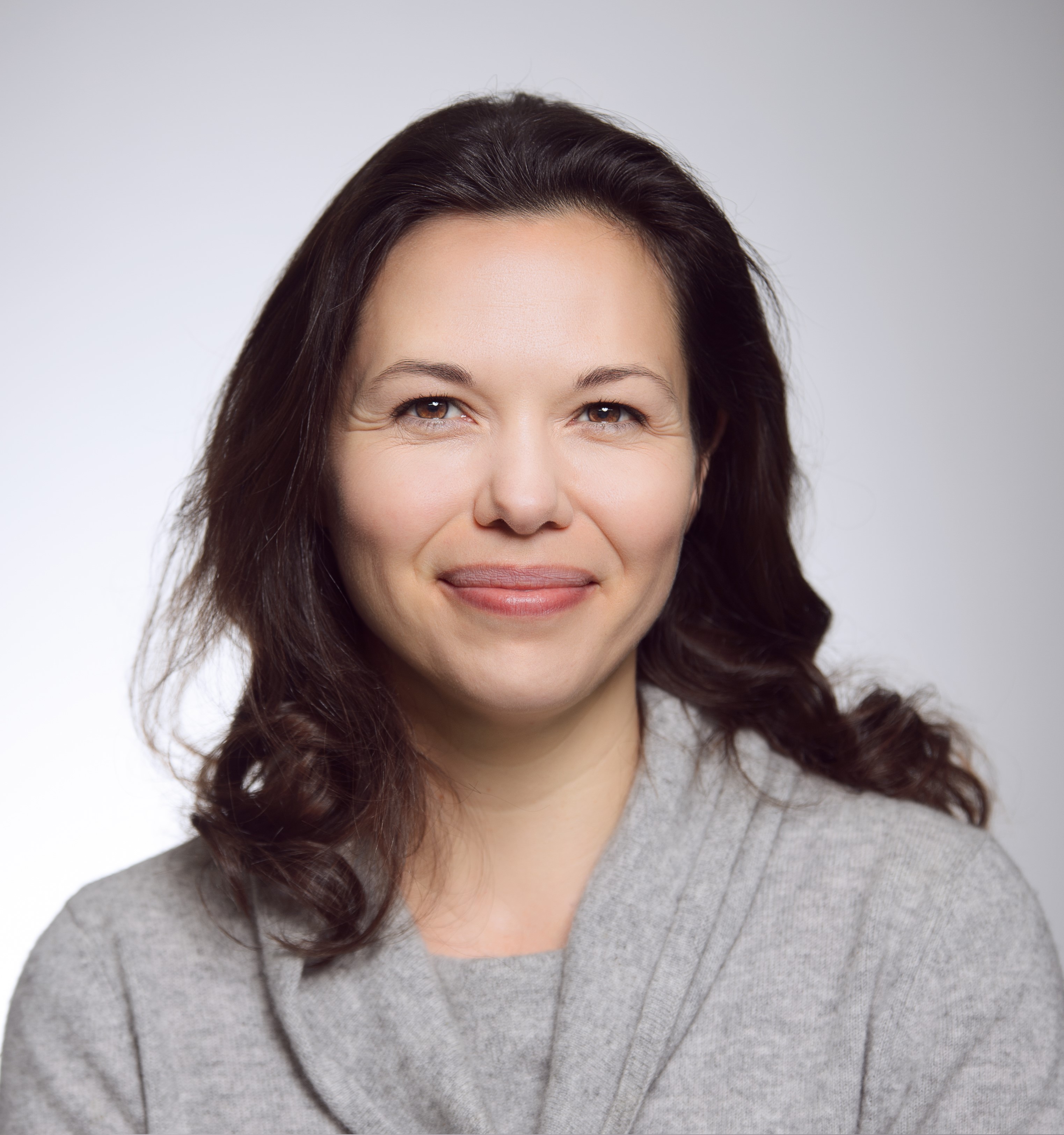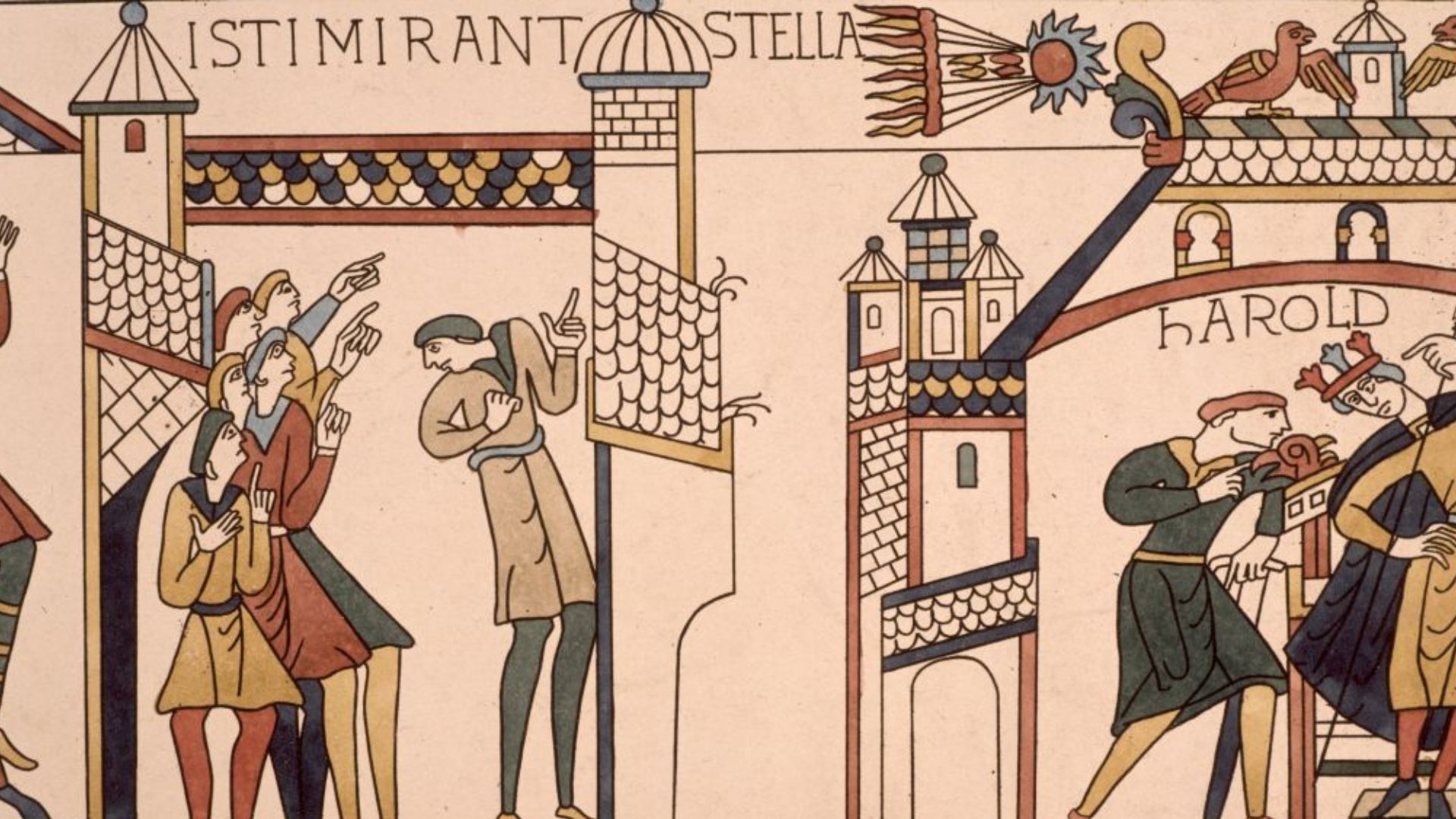Reality Check: Indian Woman Said to Cry Blood
A girl in India has become a holy shrine because she cries blood, claims London tabloid The Sun. Doctors are reportedly baffled and holy men have declared Rashida Khatoon's condition a miracle. But is it true?
Possibly.
Having bloody tears is a rare medical condition, known as haemolacria. It is usually caused by severe conjunctivitis or inflammation of the conjunctivae of the eye, but it can also be caused by tumors, bleeding disorders, injuries to the tear duct area and tuberculosis, explained Dr. Rachel Vreeman of the Indiana University School of Medicine.
But doctors can't find anything wrong with poor Ms. Khatoon, who allegedly is now receiving copious gifts as holy offerings. And she claims to feel fine: It doesn't hurt, she says (or The Sun says she says). She is just feeling weepy.
Could it be hormonal?
"Women can have small amounts of blood in their tears during menstruation and pregnancy," Vreeman told LiveScience. But in such cases, the blood is invisible, not streaking down the face like, er, red paint.
Still, it is not unheard of to cry blood for no apparent reason. There are sporadic reports in the medical literature, such as the case of another young girl in India in 1984, in which doctors were so puzzled by her gory tears, they wrote a scientific journal article about it. In her case, the tears of blood were accompanied by headaches and "giddiness."
Get the world’s most fascinating discoveries delivered straight to your inbox.
Doctors theorize that crying blood could, rarely, be linked to hysteria or significant mental instability, but why or how, nobody knows. Of course, finding blood coming from your eyes is sure to be unsettling – Ms. Khatoon calls it "a shock" – so it may be hard to say which comes first.
- 7 Amazing Superhuman Feats
- Top 10 Conspiracy Theories
- Top 10 Mysterious Diseases
Robin Nixon is a former staff writer for Live Science. Robin graduated from Columbia University with a BA in Neuroscience and Behavior and pursued a PhD in Neural Science from New York University before shifting gears to travel and write. She worked in Indonesia, Cambodia, Jordan, Iraq and Sudan, for companies doing development work before returning to the U.S. and taking journalism classes at Harvard. She worked as a health and science journalist covering breakthroughs in neuroscience, medicine, and psychology for the lay public, and is the author of "Allergy-Free Kids; The Science-based Approach To Preventing Food Allergies," (Harper Collins, 2017). She will attend the Yale Writer’s Workshop in summer 2023.
 Live Science Plus
Live Science Plus






